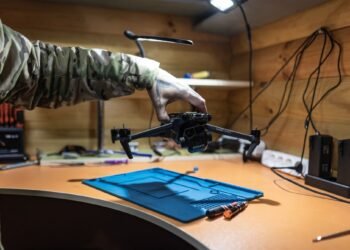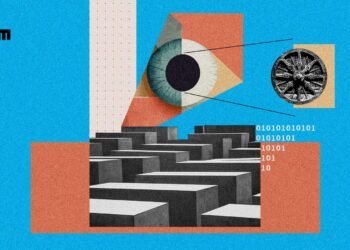Microsoft has recently launched its first AI and robotics research and development centre in Tokyo, Japan. This move is aimed at strengthening Microsoft’s global AI presence and leveraging Japan’s expertise in robotics and engineering. The new lab, called Microsoft Research Asia Tokyo, has a goal of integrating AI into practical applications across various industries, including manufacturing, healthcare, and societal solutions. The company is collaborating with Japanese universities, research institutes, and companies such as Kawasaki Heavy Industries and Nissan Motor to combine Japan’s renowned robotics innovations with AI.
At the opening ceremony, Microsoft Japan President Miki Tsukasa expressed optimism, stating that the research base will contribute to finding unique solutions in Japan, where the working population is shrinking due to aging. The lab’s four core focus areas include embodied AI, societal AI, neuroscience and well-being, and industry innovation. These domains aim to develop intelligent systems that interact with physical environments, address societal challenges, enhance human-AI interaction through neuroscience, and transform industries through interdisciplinary approaches.
Apart from research, the Tokyo unit will also play a crucial role in talent development. Microsoft plans to run joint research initiatives, offer internships, and host visiting scholars to equip the next generation with AI-related skills. Yasuyuki Matsushita, head of the Tokyo lab, emphasized the collaboration with Japan’s academic and industrial sectors, stating that Tokyo is a hub of technological innovation, and the lab will tap into the talent pool and diverse perspectives to drive innovative solutions.
This move by Microsoft shows that big tech companies are heavily investing in AI and robotics. OpenAI has invested in Figure company and is powering their humanoids, while NVIDIA and Meta are also making significant progress with their open-source robotic platforms. In India, Reliance-backed Addverb has announced that they will release humanoid robots next year. With this development, it is evident that AI and robotics will play a crucial role in shaping the future of technology.



















